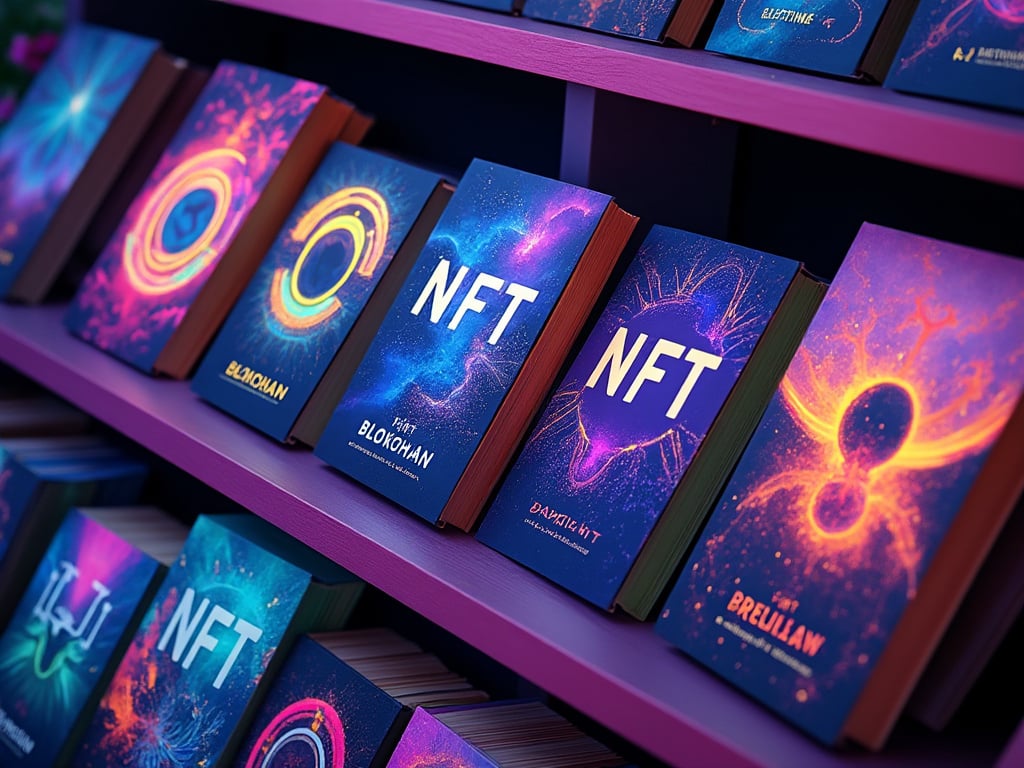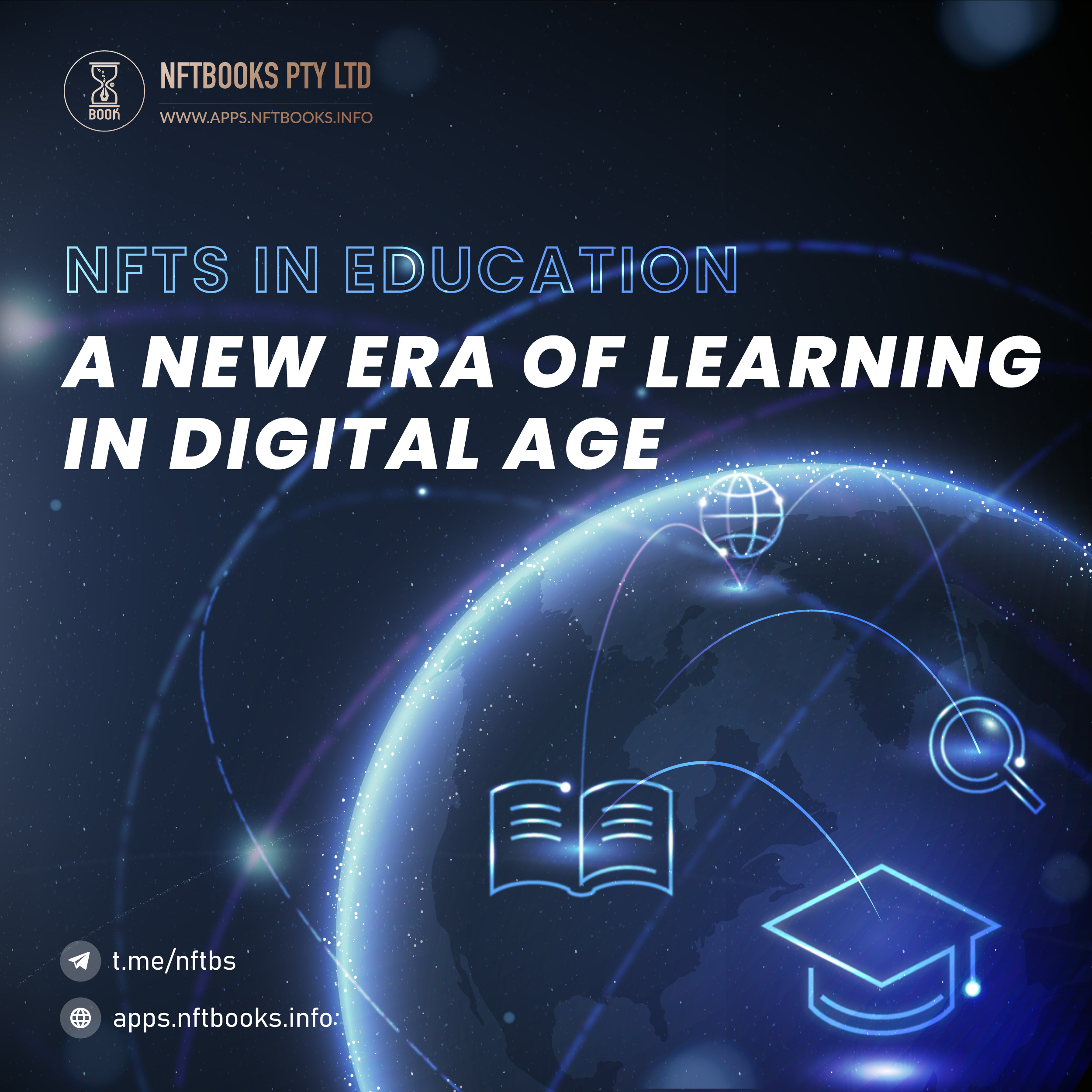Blockchain technology has been hailed as a game-changer in many industries, offering new solutions to old problems and creating opportunities for innovation. From finance to healthcare, blockchain’s real-world applications are expanding rapidly.
In this article, we’ll take a closer look at some of the practical use cases of blockchain technology and explore how this revolutionary technology is transforming various industries. So, whether you’re an entrepreneur looking to adopt blockchain technology or simply interested in learning more about its potential, keep reading to discover the many real-world applications of blockchain

- In the financial
Blockchain is being used to reduce transaction costs and ensure transparency in financial transactions, especially in cross-border transactions between banks. Using blockchain allows transaction participants to quickly and accurately confirm and verify information.
Transactions performed on the blockchain are also encrypted and registered on the system, ensuring data integrity and preventing fraudulent activities. Additionally, blockchain allows financial transactions to be conducted 24/7 without intermediaries or third parties, thereby reducing transaction costs and increasing efficiency in financial management.
Large financial companies such as JP Morgan, Goldman Sachs, and HSBC have begun applying blockchain technology to improve their operations, especially in cross-border transactions between banks. - In the healthcare
Managing and sharing medical records is an important and complex issue. The use of blockchain in healthcare addresses this issue by providing a secure and transparent electronic health record (EHR) management system.
Blockchain allows all healthcare stakeholders such as doctors, nurses, patients, and healthcare manufacturers to easily and quickly access and share medical information. By storing information on the blockchain, medical information is encrypted and secure, preventing unauthorized access to medical records.
Using blockchain in healthcare also reduces the cost of managing and sharing medical information. The use of EHR eliminates traditional paper medical records, reducing the cost of storing and preserving records, and reducing the risk of lost information.
Moreover, the use of blockchain in healthcare provides patients with the right to control their medical information. They can provide access to doctors and healthcare personnel only when necessary, protecting their privacy.
Large healthcare organizations such as Mayo Clinic and Kaiser Permanente have started using blockchain to manage their electronic medical records. The use of blockchain in healthcare is becoming a trend and has the potential to improve the management and sharing of medical information in a secure and transparent manner. - In Database Management
Blockchain is an excellent solution for protecting personal information and important data. It allows users to securely and easily manage personal information and data, ensuring data integrity and preventing unauthorized access. Many large companies such as IBM and Microsoft have started using blockchain to protect their personal information and important data. - In Education
Blockchain technology is being used in education to improve the verification of degrees and certificates, making the process more secure and transparent. Digital records of degrees and certificates created with blockchain are tamper-proof and easily verifiable, helping to prevent fraud and increase transparency. Students can have more control over their educational records and share their academic achievements securely. Many universities and educational institutions are already using blockchain technology to improve the verification of degrees and certificates. The use of blockchain technology has the potential to revolutionize the verification process, making it more efficient, secure, and transparent - In Publishing
Blockchain technology is transforming the publishing industry by improving transparency and copyright protection. With blockchain, publishers can create secure and unalterable digital records of their works, preventing piracy and fraud. NFTBOOKS is a new publishing project that utilizes blockchain technology to create unique and verifiable digital books. By using NFTs, each book becomes a one-of-a-kind digital asset that can be owned, traded, and verified on the blockchain. This new approach to publishing is creating exciting opportunities for both publishers and readers alike.







